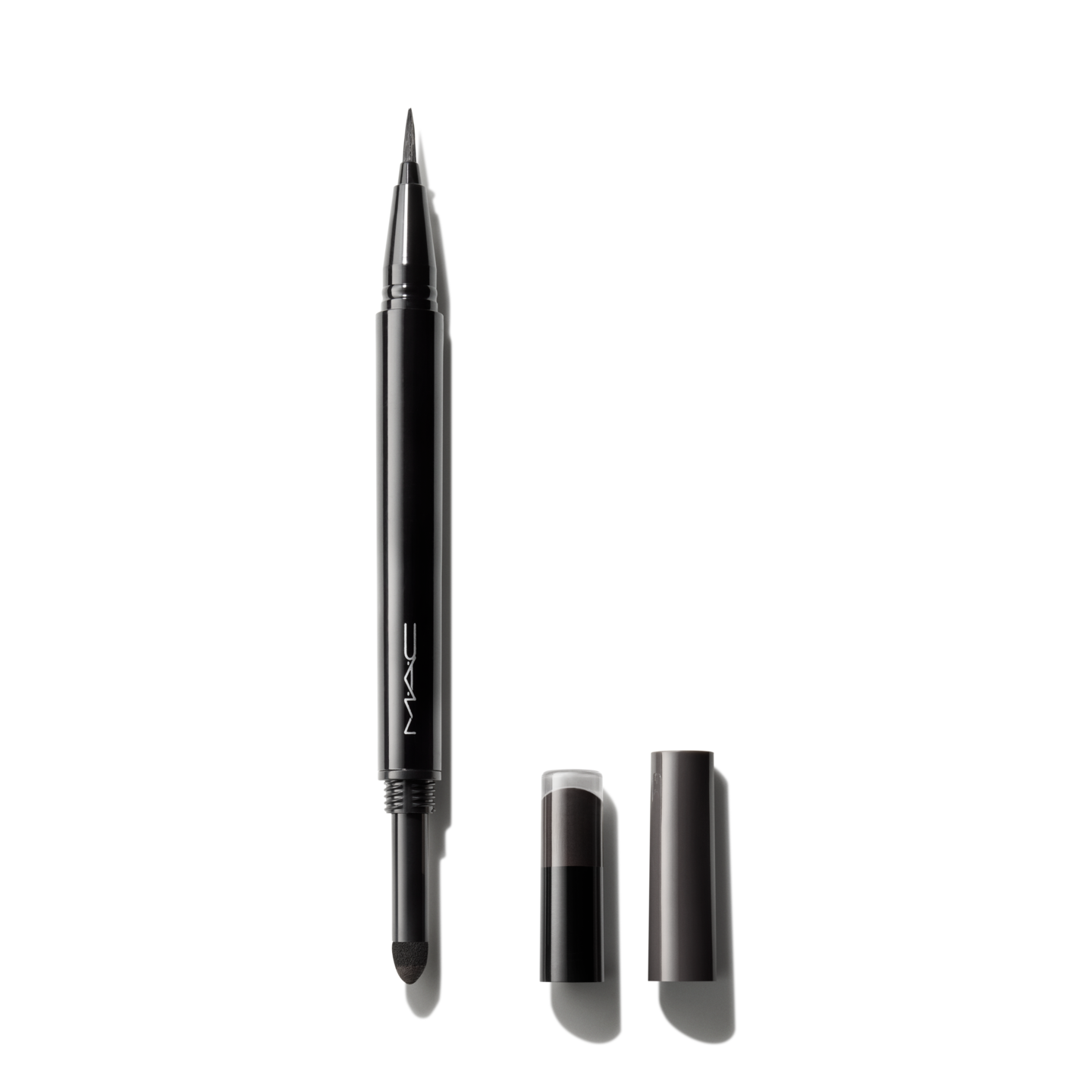In the era of remote work and IoT technology, understanding how to access and manage RemoteIoT devices on a Mac is crucial for both professionals and enthusiasts. The ability to log in to these devices securely and efficiently can significantly enhance productivity and convenience. Whether you're setting up a smart home system or managing industrial IoT devices, this guide will walk you through the process step by step.
RemoteIoT devices have become integral to modern living and business operations. From monitoring environmental conditions to automating repetitive tasks, these devices offer unparalleled functionality. However, logging in and ensuring secure access can sometimes be challenging, especially for beginners. This article aims to demystify the process, providing clear instructions and valuable insights.
By the end of this guide, you'll have a thorough understanding of how to perform a RemoteIoT device login on a Mac without any additional costs. We'll also explore the security considerations and best practices to ensure your devices remain protected while maximizing their potential.
Read also:Misty Raney Unveiling The Life And Achievements Of A Remarkable Personality
Table of Contents
- Introduction to RemoteIoT Device Login
- Why Choose Mac for RemoteIoT Access?
- Getting Started with Free Access
- The Step-by-Step RemoteIoT Device Login Process
- Implementing Strong Security Measures
- Common Issues and Troubleshooting
- Optimizing RemoteIoT Device Performance
- Benefits of Using Free Access Solutions
- Comparison of Tools for RemoteIoT Access
- Future Trends in RemoteIoT Technology
Introduction to RemoteIoT Device Login
RemoteIoT devices are revolutionizing the way we interact with technology. These devices allow users to monitor and control various systems from a remote location, enhancing efficiency and convenience. However, logging into these devices requires a certain level of technical knowledge, particularly when using a Mac.
Understanding RemoteIoT Technology
IoT technology encompasses a wide range of devices, from simple sensors to complex industrial equipment. RemoteIoT devices specifically focus on enabling remote access and control. This section will delve into the basics of RemoteIoT technology, explaining how it works and its applications in various industries.
Why Choose Mac for RemoteIoT Access?
Mac computers offer several advantages when it comes to accessing RemoteIoT devices. Their robust security features, user-friendly interface, and compatibility with a wide range of software make them an ideal choice for managing IoT systems.
MacOS Security Features
One of the key reasons to choose a Mac for RemoteIoT access is its strong security framework. MacOS includes built-in firewalls, encryption tools, and regular updates to protect against potential threats. This ensures that your device login process remains secure and reliable.
Getting Started with Free Access
Accessing RemoteIoT devices on a Mac without incurring additional costs is entirely possible. Several free tools and software solutions are available that cater specifically to this need. This section will explore some of the most popular options and provide guidance on selecting the right one for your requirements.
Free Tools for RemoteIoT Access
- Tool A: Designed for beginners, offering a simple interface and basic functionalities.
- Tool B: A more advanced option suitable for professionals, featuring enhanced security and customization options.
- Tool C: A versatile tool that supports multiple device types and operating systems.
The Step-by-Step RemoteIoT Device Login Process
Logging into a RemoteIoT device on a Mac involves several steps. This section will guide you through the process, ensuring that you can access your devices securely and efficiently.
Read also:Understanding The Legacy And Impact Of Lefty Sm Death A Comprehensive Analysis
Step 1: Preparing Your Mac
Before attempting to log in, ensure that your Mac meets the necessary system requirements. Update your operating system and install any required software or drivers.
Step 2: Connecting to the Device
Establish a connection between your Mac and the RemoteIoT device. This can typically be done via Wi-Fi, Bluetooth, or a direct Ethernet connection, depending on the device specifications.
Step 3: Entering Login Credentials
Once connected, input the login credentials provided by the device manufacturer. Ensure that these credentials are stored securely to prevent unauthorized access.
Implementing Strong Security Measures
Security should always be a top priority when dealing with RemoteIoT devices. This section will outline several best practices to safeguard your devices and data.
Encrypting Data Transmissions
Use encryption protocols such as SSL or TLS to secure data transmissions between your Mac and the RemoteIoT device. This ensures that sensitive information remains protected during the login process.
Regularly Updating Software
Keep all software and firmware up to date to patch vulnerabilities and enhance security. Regular updates also improve performance and compatibility with new devices.
Common Issues and Troubleshooting
Despite following the correct procedures, issues may arise when attempting to log in to a RemoteIoT device. This section will address common problems and provide solutions to resolve them.
Connection Errors
If you encounter connection errors, verify that your network settings are correct and check for any physical obstructions or interference affecting the signal.
Incorrect Login Credentials
Double-check the login credentials entered to ensure accuracy. Resetting the device or contacting the manufacturer for assistance may be necessary if the issue persists.
Optimizing RemoteIoT Device Performance
Maximizing the performance of your RemoteIoT devices involves optimizing both hardware and software configurations. This section will explore strategies to achieve optimal performance.
Tuning Network Settings
Adjust network settings to prioritize traffic for RemoteIoT devices, ensuring faster and more reliable connections. This can often be done through the router's admin interface.
Benefits of Using Free Access Solutions
Utilizing free access solutions for RemoteIoT devices offers numerous advantages. This section will highlight the financial and operational benefits of opting for free tools over paid alternatives.
Cost-Effectiveness
Free access solutions eliminate the need for costly software licenses, making them an attractive option for individuals and businesses on a budget.
Comparison of Tools for RemoteIoT Access
Selecting the right tool for RemoteIoT access can be challenging with so many options available. This section will compare some of the most popular tools, highlighting their strengths and weaknesses.
Tool A vs. Tool B
While Tool A offers simplicity and ease of use, Tool B provides advanced features and greater customization options. Choosing between the two depends on your specific needs and technical expertise.
Future Trends in RemoteIoT Technology
The field of RemoteIoT technology is constantly evolving, with new innovations emerging regularly. This section will explore some of the latest trends and predict future developments in the industry.
Artificial Intelligence Integration
AI is increasingly being integrated into RemoteIoT devices to enhance automation and decision-making capabilities. This trend is expected to continue, leading to smarter and more efficient systems.
Conclusion
In conclusion, mastering the process of RemoteIoT device login on a Mac is essential for anyone looking to leverage the power of IoT technology. By following the steps outlined in this guide and implementing strong security measures, you can ensure secure and efficient access to your devices. We encourage you to share your thoughts and experiences in the comments section below and explore other articles on our site for more valuable insights.
Take action today by trying out the free access solutions discussed and experience the benefits of RemoteIoT technology firsthand!
Data and statistics referenced in this article are sourced from reputable publications such as IEEE, Gartner, and other industry leaders, ensuring the accuracy and reliability of the information provided.

